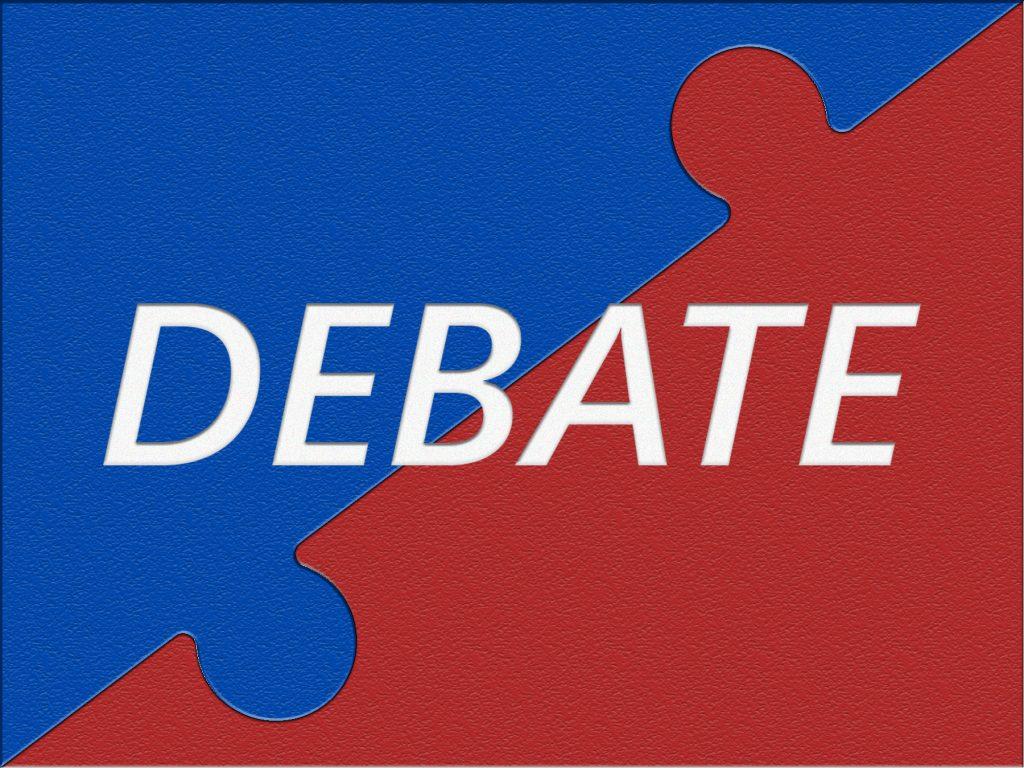Round 1
Ninad Gadre – Believing that teenagers don’t drink alcohol is like burying our heads in sand. The fact that there is an age threshold of 21 years for alcohol does not stop a vast number of young adults from obtaining it. In this process, they often end up convincing an adult to assist them with the crime of obtaining alcohol. Lowering the drinking age will make this common behavior legal, and in turn create a safer environment for all young adults since they can freely approach authorities for help, without the fear of being reprimanded. The law will then be able to protect young adults in a much better way. Prohibition has the risk of creating an underground movement which may put the life of many young people in danger. An age limit of 18 will ensure that young adults are fully treated as adults, and entrusted with the responsibility of carrying themselves with maturity and caution regardless of what they ingest.
Paras Ghumare – Although it is evident that those between 18 and 21 practice illegal ways to get to alcohol and binge drinking on college campuses is a growing problem, lowering the minimum legal drinking age is surely not a solution for it. Even though 18 is the age of majority in the U.S. allowing citizens to vote, sign contracts, marry, join the military, etc., you need to be 21 or older to do more responsible things like buy a gun, gamble in a casino, adopt a child and so on. Lowering the minimum legal drinking age will give early access to alcohol to teens and then this may lead to them trying illicit drugs and other highly toxic substances. The “Substance Use and Misuse”, 1997 survey shows that the most common source of alcohol for the 18-20 year olds is their 21-24 year old peers. Lowering the MLDA may provide a path for high schoolers and middle schoolers as well which is certainly not desirable.
Round 2
Paras Ghumare – Alcohol is a neurotoxin hands down. Our brain keeps developing until the mid-20s. With such being the case, getting exposed to alcohol early on affects the decision making and complex thinking areas of the intellect. The cognitive abilities, coordination and memory of a teenager will surely be affected negatively. Also, these teenagers are more susceptible to performing poorly in academics. With all these combined, a student may have to go through stress, emotional discomfort, violence and suicidal thoughts. Even medical studies have proven that early exposure to alcohol leads to early disease development. 18-year-olds enter a new phase of life by entering universities or workplaces away from their families. There’s a desire to try different thrills of life without understanding the severity.
Ninad Gadre – Alcohol is definitely harmful for young minds, but prohibition is not a solution to this problem. In a democracy, adults get to choose their way of life, even if the choice may prove harmful for their own self. The right way is to educate young adults about the dangers of alcohol and let them make the conscious decision to abstain. There are far more dangerous substances which are harming young people because of their toxic nature or dosage. Western kids are facing health hazards because the diet is getting increasingly sugary, yet sugar isn’t being labelled the villain. Moderation is the key; in controlled doses, neither alcohol nor sugar is harmful. Maturity comes from experience and learning, not from biological aging. Alcohol abuse is wrong, and that is what should be targeted, not alcohol itself.
Round 3
Ninad Gadre – In the U.S., a person can drive a vehicle at the age of 16, an act that can affect them as well as the neighborhood. They can decide the fate of the nation through the voting system by the age of 18. It only seems reasonable for such a person to be able to decide the things that go into their body, and not wait until the age of 21 to do so. It seems absurd to have different age thresholds for different scenarios. This anomaly is especially clear when we consider the fact that a person can smoke at the age of 18, but needs to wait until 21 to access liquor, all the while being able to access stimulants like coffee since childhood. Prohibiting young adults from alcohol makes it a “forbidden fruit,” and triggers their inherent instincts to make them go out of the way to abuse alcohol. Alcoholic drinks have been our social companions for millennia, and like every other substance, is harmful if consumed in excess.
Paras Ghumare – Not all maturity comes with experience. The maturity of organs comes with aging. The MLDA of 21 is based on research which shows that young ones are prone to drinking twice as much alcohol as adults and have difficulty knowing when to stop. Teens tend to overdo it. Teenage smoking is as bad as alcohol and needs to be addressed, but that is not the point and just because 18 is the age limit we shouldn’t extend that to alcohol. Studies show that teens from states with the MLDA as 21 tend to drink less compared to those states with a lower MLDA. Facts on driving related fatalities reveal that ever since the MLDA was moved to 21 in all states, on-road fatalities and crashes decreased by 16 percent, as opposed to 10 percent increase from 1970 to 1980 when the legal drinking age was lowered. Although forbidding alcohol through law does have flaws, it can be treated with education.





